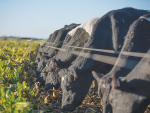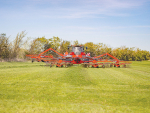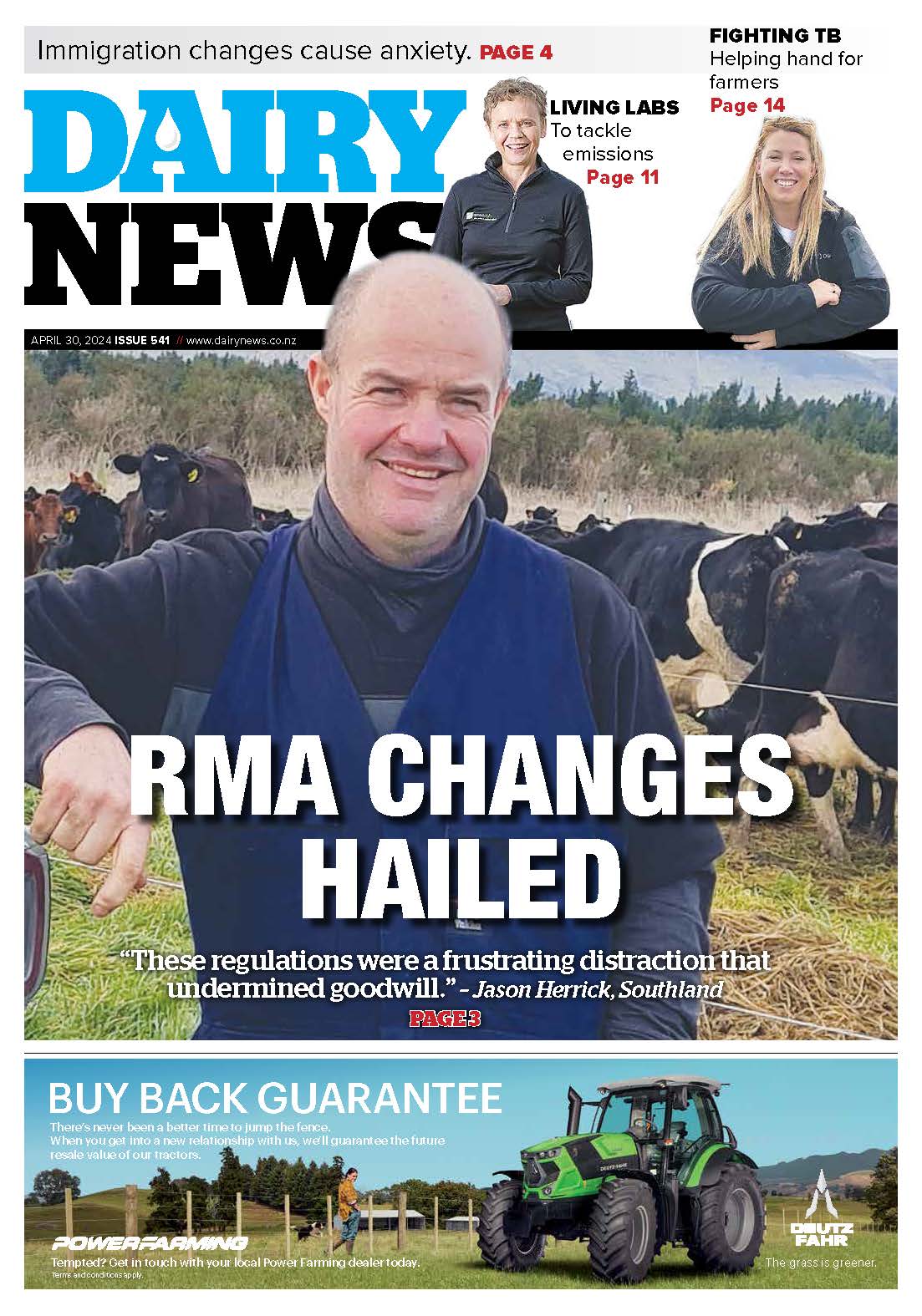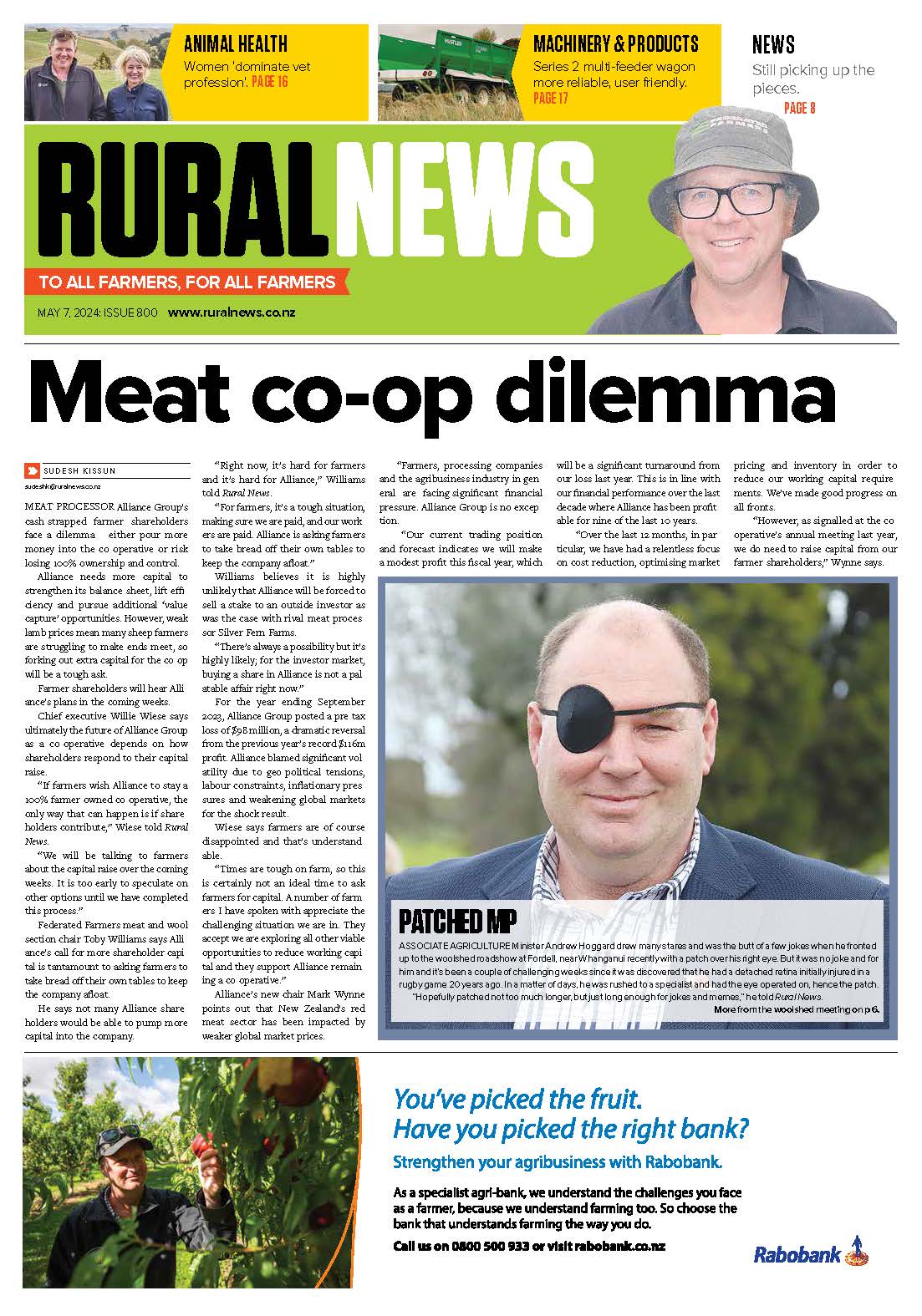The report, commissioned by the New Zealand Veterinary Association (NZVA), says there are potential gains from addressing antibiotic resistance, and shows how this work would support three of the Government's six Business Growth Agenda (BGA) goals:
Export markets for higher-valued products
Innovation in agriculture and related sciences
Natural resources used in smart ways to support economic growth.
The NZVA recently announced 2030 as an aspirational target date for New Zealand to no longer need antibiotics for the maintenance of animal health and wellness. The NZVA asked PwC to assess the challenges and opportunities of achieving this goal.
Steve Merchant, chair of the NZVA's Antimicrobial Resistance Strategy Group says that a commitment to innovation in developing alternatives to antibiotics could foster world-leading capability in upstream and downstream industries.
"The most fundamental gain could be in future-proofing the supply chain to overseas markets. Concern about antibiotics and resistance is an emerging consumer issue that could affect market access and overseas regulation."
Merchant says the threats of antibiotic resistance are well recognised and have been publicised in several reports in the last few years, but less has been investigated about the opportunities for a country like New Zealand if it approaches the challenge creatively.
The report points out that New Zealand is in a good position to take up the opportunity of addressing antibiotic resistance, as one of the lowest users of antibiotics in the OECD. Key to this has been regulation, control by veterinarians of antibiotic prescriptions and dispensing, and the use of extensive agricultural systems.
"Antibiotics were a defining 20th century achievement and replacing them will be an important achievement of the 21st," says Merchant.



















